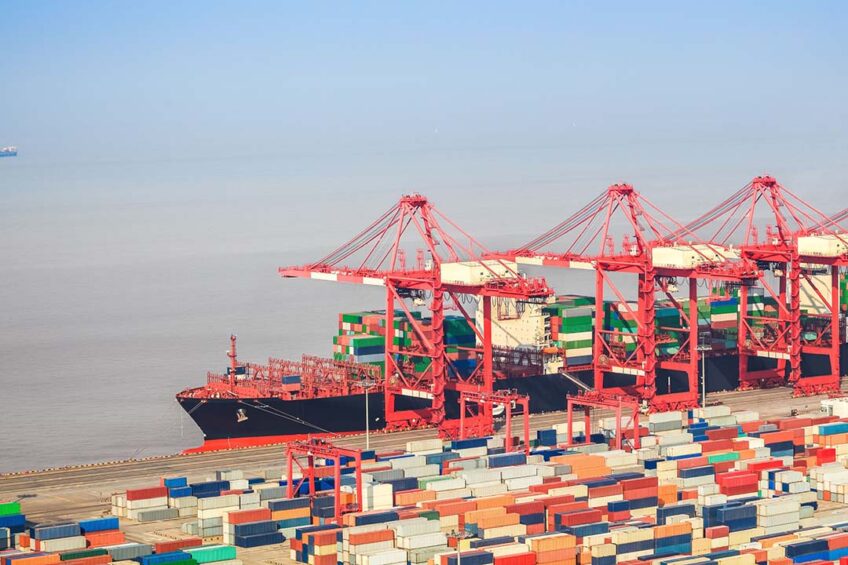Poland starts exporting poultry to the Philippines

Poland has sent the first containers of poultry to the Philippines, with deliveries expected to perk up in the coming months. In the meantime, farmers insist on their demands to protect the domestic market from cheap imports.
The Philippines is a big market made up of 115 million people, Dariusz Goszczyński, president of the National Poultry Council, told local news outlet Portalspożywczy. The exports got a green light as a part of the agreement reached in 2023. Polish businesses share hopes that the supplies to the new market can further bolster the industry’s operational performance in 2024 and beyond.
A bird flu factor
Surprisingly, the global avian influenza epidemic was a factor that paved the way for Polish poultry to the Asian country. “We must remember that Brazil and the US are active in this market, so we have serious competitors out there. But the Philippines decided to reach out to Poland when the US had a big problem with bird flu and dramatically limited exports,” Goszczyński disclosed.
He added that Brazil does not report bird flu outbreaks, so the disease has not officially hit the Brazilian poultry industry “though it is almost everywhere” in the world. At some point, Brazil remained almost an exclusive poultry supplier to the Philippines and was dictating relatively high prices to the market for the time being.
“Interestingly, when it came to light that the Filipinos have entered into negotiations with Poland [about poultry exports], the Brazilians swiftly lowered their prices,” Goszczyński noted.
Details are yet to be firmed out
The trade agreement Poland and the Philippines struck in 2023 concerned the principles of regionalisation. Goszczyński explained that the authorities will not automatically bar imports from the entire country if a bird flu outbreak is registered in Poland.
Regionalisation applies to provinces, but further talks are underway to narrow it down to areas, Goszczyński disclosed.
Ukraine poultry destabilises the market
While Poland is progressing in promoting its poultry on the global market, at home ground, things are far from perfect. Import of poultry from Ukraine destabilises the market throughout the EU, Goszczyński warned.
He also told the publication that the benefits of the duty-free trade regime with Ukraine are yielded primarily by one giant Cyprus-registered company which “finds itself in a perfect situation”, having unlimited access to the European market but facing no need to comply with the European production standards.













